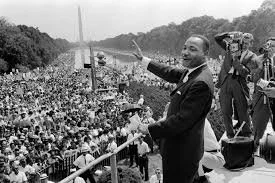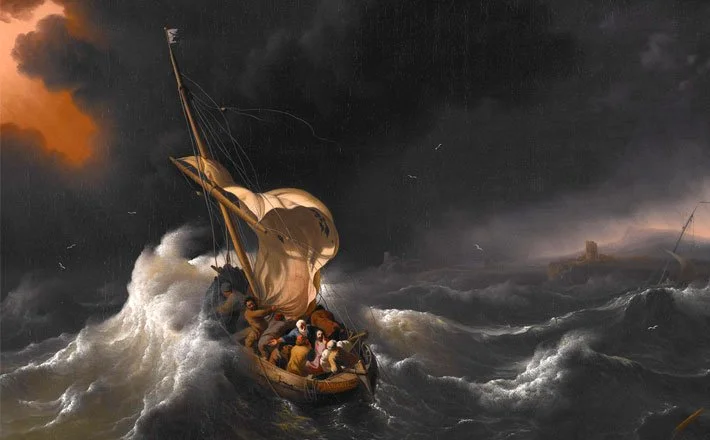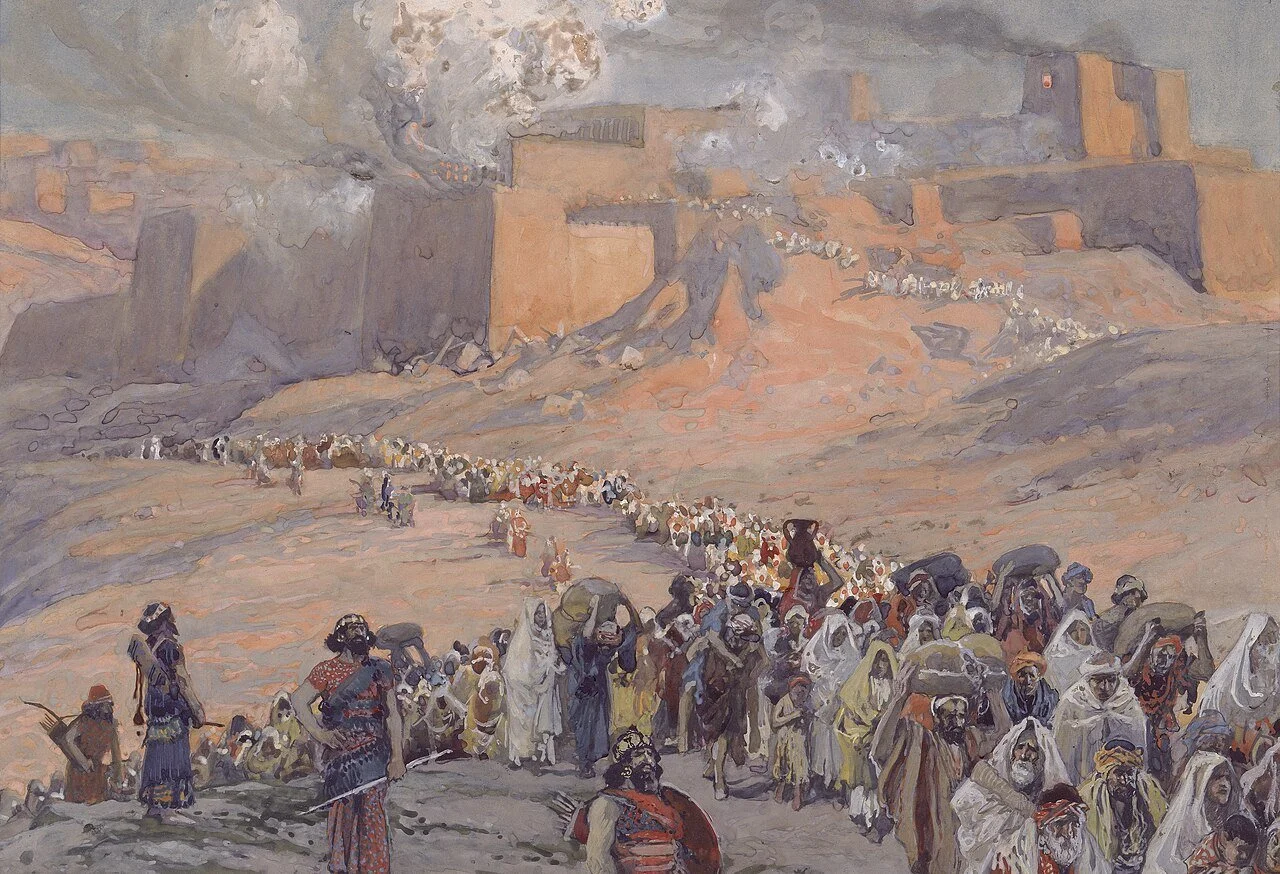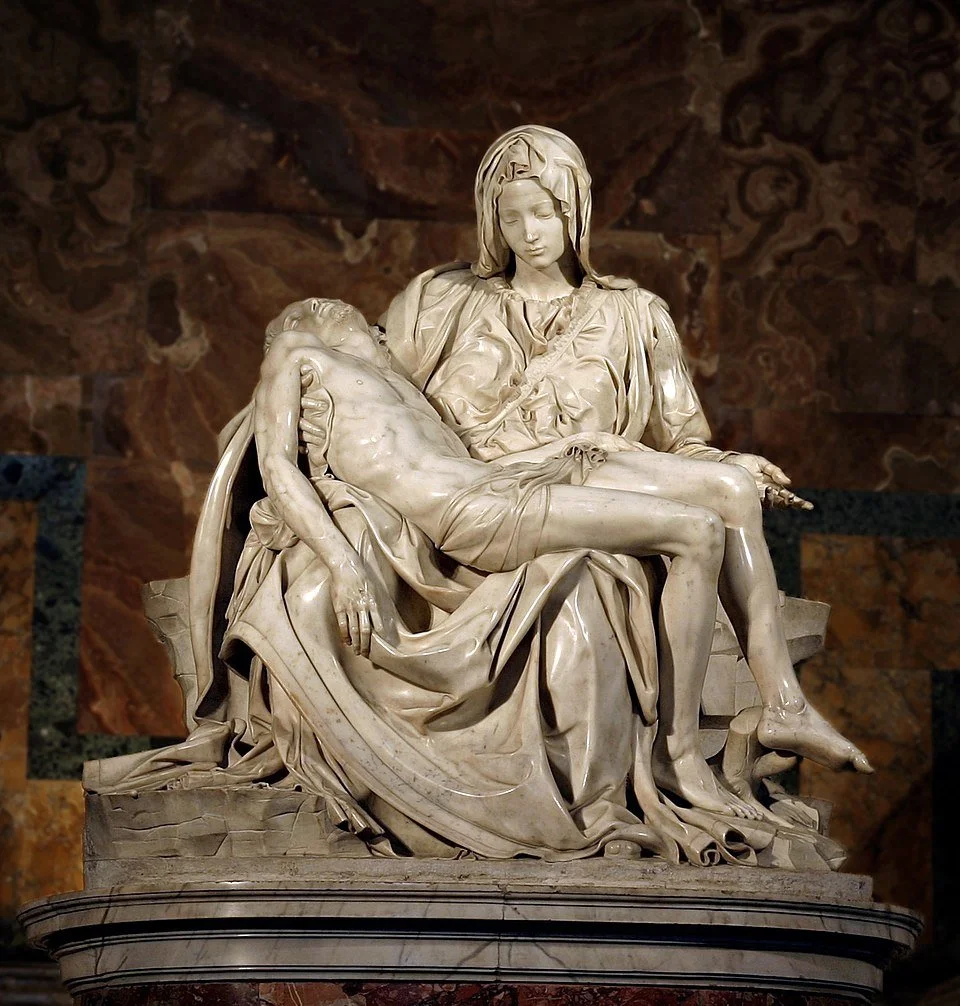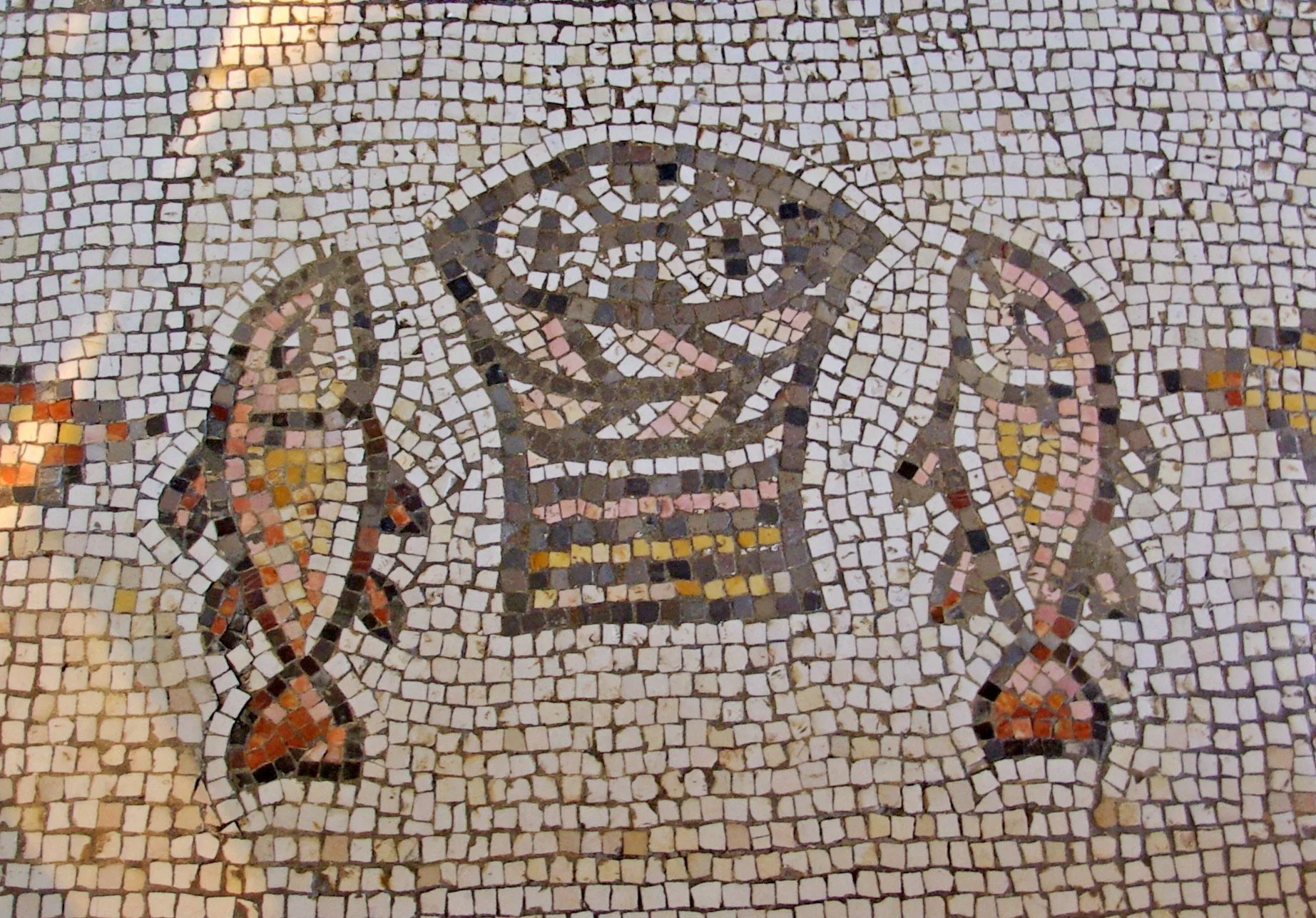Many people take a look at the news today and wonder: Is God really in control? The book of Daniel was written to help answer that question. It teaches people to see God at work at times when things seem decidedly out of control. Preaching on chapter 4, Erik showed how God is the author of history and that his favorite plotline is knocking down the high and lifting up the low. But this leads to much different expectations about the course history will take:
Part of our problem is that we confuse progress and providence. There is a famous Martin Luther King, Jr., quote, “the arc of the moral universe is long, but it bends towards justice”? People hear this and imagine steady handed progress: every day, every month, every year things getting a little better. And then we despair when history doesn’t seem to be moving forward anymore, but rather sideways or backwards. Think of how many people today are paralyzed because evils they thought were defeated—from racism to measles—are gaining strength again. But read the full quote, and you can see that King wasn’t talking about progress, but providence, and providence doesn’t move in a straight line:
Those of us who call the name of Jesus Christ find something at the center of our faith which forever reminds us that God is on the side of truth and justice. Good Friday may occupy the throne for a day, but ultimately it must give way to the triumph of Easter. Evil may so shape events that Caesar will occupy a palace and Christ a cross, but that same Christ arose and split history into A.D. and B.C., so that even the life of Caesar must be dated by his name. Yes, "the arc of the moral universe is long, but it bends toward justice.”
That’s not a straight line of progress. Providence bends, twists; spirals, turns upside down. Providence tumbles. Providence is cross shaped.


